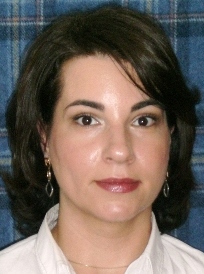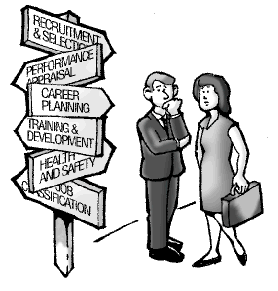Ella Minty is a public relations expert volunteering with Give What You’re Good At. She has recently joined the RSA. Here she shares how both networks are adding value to her world.
Ella, specialises in cross-cultural and crisis communication has always been fascinated by the way in which the cultural differences between people and organisations mutually and, often undesirably, influence one another.
What would you change in society given the chance?
The value of human life – the Western society considers that the human life and human values / culture are priceless and that men and women are equal. As we head further south, towards the African continent, and further east towards South East Asia, these facts our modern society has been built upon rapidly lose value.
In what capacity do you think you could contribute to society through your involvement RSA Fellowship and with GWYGA?
Although “una hirundo non facit ver”, each swallow has its part. There are many issues that various organisations and charities face and, more often than not, they simply do not have the necessary funds to retain top consultants. Although we live in a global society and the communication processes are no longer restricted or limited by numerous barriers, we cannot make the mistake of assuming that our messages, missions or objectives will be understood by all parties – on the contrary: the higher the globalisation, the more intense the tendency of retaining individual, local and national identity.
What attracted you to join the RSA Fellowship?
The Fellowship’s mission of effecting change on all levels of society
What’s the most interesting volunteering opportunity that you’ve had with GWYGA?
Elaborating Beyond Food Foundation’s (BFF) Public Relations Strategy: they have a great mission and their ethos and commitment to homeless people is equal to none. And, having always been a great admirer of hands-on charities, I wanted to make sure that BFF will employ the appropriate communication techniques and channels for their various categories of stakeholders, ensuring an adequate and consistent brand awareness and mission whilst capitalising on their success stories.







